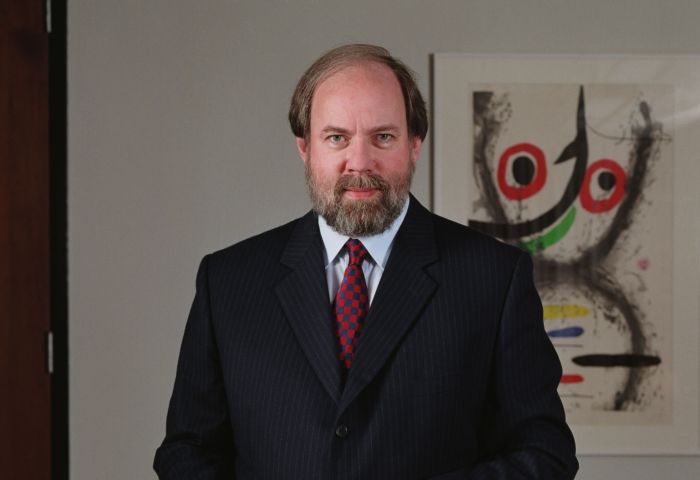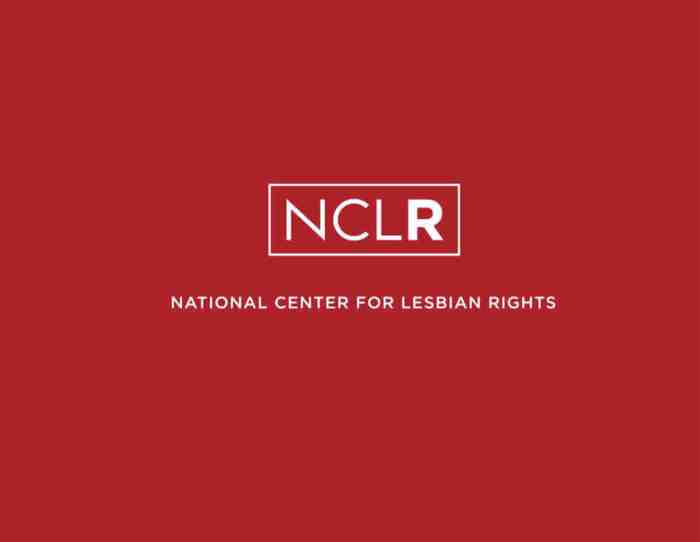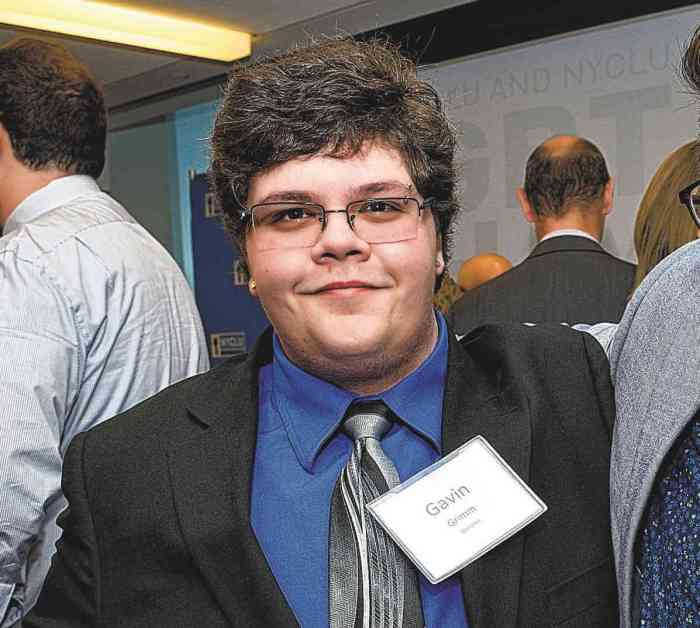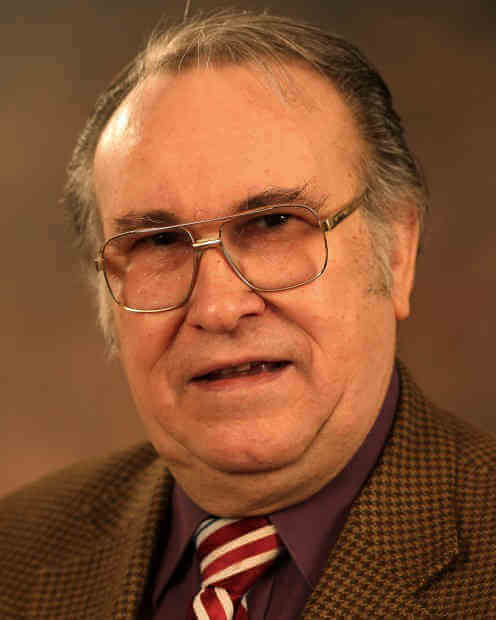A divided federal appeals panel has denied the effort by a Jamaican immigrant to avoid deportation, deciding that it would accept an immigration judge’s conclusion the man had failed to prove he is bisexual.
The 2-1 vote by the Chicago-based Seventh Circuit Court of Appeals on August 17 affirmed an earlier decision by the Board of Immigration Appeals (BIA) to deny the man relief under the international Convention Against Torture.
The majority of the panel, in an opinion by Judge Diane Pamela Wood applying the deferential standard used by the federal courts in reviewing administrative decisions in the immigration system, found that the immigration judge’s reading of the evidentiary record should not be second-guessed.
Seventh Circuit split over government’s refusal to credit Jamaican man’s fear of deportation
Dissenting, Judge Richard Posner contended the immigration judge “fastened on what are unquestionable, but trivial and indeed irrelevant, mistakes or falsehoods in [petitioner’s] testimony.”
“The weakest part of the immigration judge’s opinion is its conclusion that [petitioner] is not bisexual, a conclusion premised on the fact that he’s had sexual relations with women (including a marriage),” Posner wrote. “Apparently the immigration judge does not know the meaning of bisexual. The fact that he refused even to believe there is hostility to bisexuals in Jamaica suggests a closed mind and gravely undermines his critical finding that [petitioner] is not bisexual.”
According to Wood’s decision summarizing the case, the petitioner, who was born and grew up in Jamaica, claims to have begun having sex with both men and women while a teenager. He fell in love with an American woman visiting Jamaica and they married and moved to the US, where she sponsored him for resident status. However, the marriage didn’t last and their failure to attend a required interview with immigration officials resulted in his status being terminated, after which they divorced. Around the same time, he pled guilty to an attempted criminal sexual assault charge, was sentenced to probation, violated that probation, and was resentenced to prison time. After his release, he was swooped up by Homeland Security and processed for deportation.
In the course of his efforts to resist deportation, he raised the horrendous conditions faced by gay and bisexual people in Jamaica and sought protection under the Convention Against Torture (CAT). A person who is otherwise deportable may win relief under CAT by showing that, if deported, they would likely be subjected to torture or serious harm at the hands of the government or those the government is unable to control. While numerous sources —including human rights reports published by the US State Department in 2012 and 2013 —document the fierce homophobia in Jamaica and the failure of the government to address it effectively, the BIA continues to dither about whether LGBT refugees from Jamaica are entitled to CAT relief.
Just over a week before the Seventh Circuit ruling, the New York-based Second Circuit sent the case of another Jamaican man back to the BIA for reconsideration in light of the evidence regarding homophobia in the man’s home country.
In the Seventh Circuit case, most of the immigration judge’s attention focused on the credibility of the petitioner’s claim to be bisexual and that he would be known as such in Jamaica and so be likely to encounter serious harm there. The judge focused on numerous inconsistencies in the man’s testimony about his experiences in Jamaica, in which he mixed up dates, places, and names to such an extent the claims were dismissed as not credible. The judge rejected letters from other people attesting to the man’s bisexuality, including two from former boyfriends now living in other states, doubting their validity.
The BIA “found no clear error in the IJ’s findings that [petitioner] ‘did not credibly testify and did not establish that he has ever been bisexual,’” wrote Judge Wood. “And because [petitioner] had not established that he was bisexual or that he would be perceived in Jamaica as bisexual —the basis of his purported fear of torture —he had not met his burden of proof under the CAT.”
In refusing to upset this ruling, the majority of the Seventh Circuit panel focused on its limited authority to review factual findings by an immigration judge, stating that the question is “whether the facts compel a conclusion contrary to the one that the IJ reached. While we might wish it were otherwise, there is no exception under which plenary review is available for factual questions of enormous consequence, as this one is.”
Wood continued, “We are not insensible to the fact that immigration judges sometimes make mistakes, and that the costs of such errors can be terrible. A mistaken denial of asylum can be fatal to the person sent back to a country where persecution on account of a protected characteristic occurs; a mistaken denial of deferral of removal under the Torture Convention can have ghastly consequences. If we could balance the magnitude of the risk times the probability of its occurrence against the cost of offering a few additional procedures, or a few more years in the United States, we would.”
While admitting that this result is harsh, Wood dangled hope that if the petitioner could come up with more credible evidence, he might be able to persuade the immigration judge to reopen his case.
This did not satisfy Judge Posner, who ripped into the majority in his dissenting opinion. He pointed out that the merits of the petitioner’s claim “depend on how two issues are resolved: whether [petitioner] is bisexual and whether bisexuals are persecuted in Jamaica. The rejection of the second point by the immigration judge, upheld by the Board of Immigration Appeals, is cursory and unconvincing; but if he isn’t bisexual the error is harmless. But the rejection of his claim to be bisexual is also unconvincing. The immigration judge emphasized such things as [his] lack of detailed recollection of events that go back as far as 1983 and a supposed lack of ‘proof’ of bisexuality. Well, even members of this panel have forgotten a lot of 33-year-old details. And how exactly does one prove that he (or she) is bisexual? Persuade all one’s male sex partners to testify, to write letters, etc.? No, because most Jamaican homosexuals are not going to go public with their homosexuality given the vicious Jamaican discrimination against lesbian, gay, bisexual, and transgender (‘LGBT’) persons, which is undeniable…”
Posner recited at some length information easily available online and from the State Department, and asserted that the immigration judge’s opinion “is oblivious to these facts.” He pointed out that the court’s opinion “does not explain” how many of the inconsistencies of testimony “could have any bearing on the question of [his] sexual orientation.”
Posner tore to shreds the immigration judge’s rationale for rejecting the substantiating letters offered by the petitioner, including those from his ex-lovers, and criticized the judge for failing to ask a psychologist to provide input on the question.
“Immigration judges are authorized to do this,” he wrote, “authorized to select and consult, which they may and usually do on the phone, an expert with expertise relevant to the case at hand.”
Most tellingly, in light of the petitioner’s name now being public, wrote Posner, “Nor had any reason been given, either by the immigration judge or by the majority opinion in this court, why if [petitioner] is not bisexual he would claim to be in an effort to remain in the United States, knowing that if he failed in this effort to remain he would be in grave danger of persecution when having lost his case he was shipped off to Jamaica. No doubt once back in Jamaica he could deny being bisexual —but no one who was either familiar with this litigation, or had been one of his persecutors before he left Jamaica for the United States, would believe (or at least admit to believing) his denial.”
Posner also threw in his insight that “homosexuals are often antipathetic to bisexuals,” for which he cited some articles from the Internet. Posner seems to be an avid Googler, judging by his online references in this and other cases. “This is not to say that they would be likely to attack [petitioner] physically when he returned to Jamaica, but they might well talk about his return to the island —the return of a bisexual —and some of the persons to whom they talked might well be heterosexual and want to harm [him] physically. Word is likely to spread quickly in an island of fewer than three million inhabitants.”
Posner’s parting shot, as noted, was to suggest that the immigration judge was ignorant about bisexuality and had a “closed mind” on the subject.
The petitioner, who has been representing himself without a lawyer —and so, statistically, never had a particularly good chance of winning his case —now likely faces imminent deportation. Gay City News has withheld his name to avoid spreading it on the Internet and exposing him to further potential harm.


































